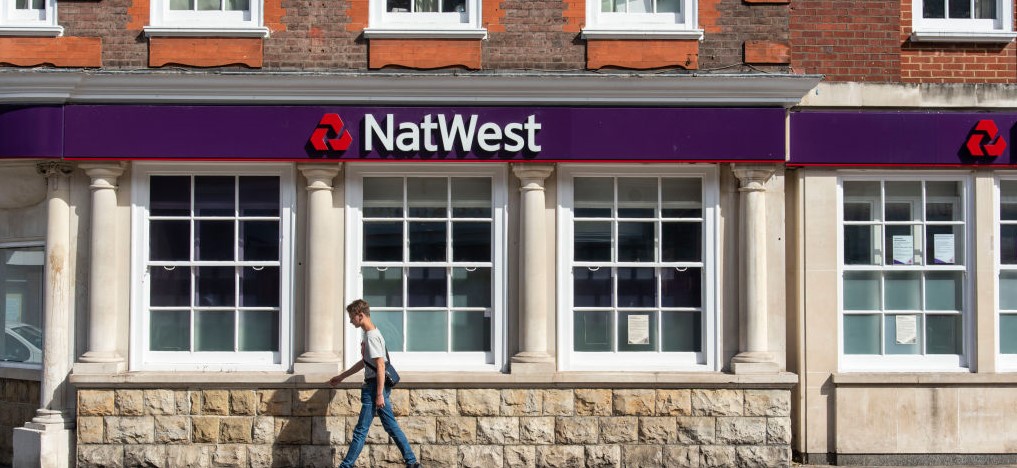‘Bargain basement sale’
The Royal Bank of Scotland (RBS) fire sale continued as the government last night (June 4) sold shares well below the price paid to bail out the bank amid the financial crisis, resulting it a total loss to the taxpayer of more than ÂŁ3bn.
The sale of the latest tranche of 925m RBS shares follows an earlier sale in 2015 of 600m shares – both times the shares were sold at well below the 502p share price paid in 2008. This time, shares were sold at almost half the price, at 270p per share.
The sale has reduced the taxpayer stake in the bank from 70 per cent to 62 per cent, a stake that will continue to fall after the government pledged last night to fully privatise the bank by 2023 and in the process sell ÂŁ15bn worth of shares.
Last night’s sale was triggered after RBS last week paid a penalty of nearly £4bn to US authorities for selling toxic mortgage bonds during the financial crisis. The settlement was understood to be the final hurdle that would enable the government to recommence selling off shares.
The government attempted to defend its decision to sell off the shares at such a hefty loss – treasury economic secretary John Glen said that it was unlikely to have sold shares at higher prices.
“I would love it if we could sell the shares at a much higher price, obviously, that is what everyone would like to do, but we need to be realistic and look at the market conditions,” he said.
Wasted opportunity
But critics have highlighted that privatising the bank at such a massive loss to taxpayers – the National Audit Office (NAO) estimated that total losses could exceed £30bn by the time the bank is fully privatised – represented a wasted opportunity.
Labour MP Gareth Thomas called the government’s latest move an “unbelievable, almost criminal loss of power” and argued the bank could have been turned into a new building society. Fran Boait, executive director of Positive Money, an organisation campaigning for a fairer banking  system, likewise argued for an alternative.
“Instead of selling off its majority stake, the government should use its position to break up RBS into smaller, regional banks, with alternative business models that emphasise lending to SMEs and productive industry,” she said.
“Such innovation is needed to direct lending to the real economy, which has been starved of investment in recent years.”
Last week, on the day of a Unite demo to save RBS bank branches (May 30), shadow chancellor John McDonnell called on the government to use its stake to halt branch closures.
“Rather than dancing to the tune of the bank’s board and trying to sell off taxpayer-owned shares on the cheap, the government should be standing up for the people and communities which depend on their local branches,” he said.
About 160 RBS branches are now being threatened with closure – the North West is to be hit disproportionately hardest with more than 60 branches at risk. Nearly 1,000 jobs are on the line if RBS’ plans go through over the next year.
Catalogue of failure
Unite national officer Rob MacGregor slammed both the government and the bank for letting taxpayers, customers and workers down.
“The government is attempting to wash its hands with Royal Bank of Scotland at the expense of the taxpayer,” he said. “This bargain basement sale of over seven per cent of the bank’s shares is a betrayal of public finances and represents a total loss of over £3bn for taxpayers since the original bailout in 2008. Staff are clear that the government should be focusing its attentions on keeping RBS bank branches open and improving the corporate governance of this institution.
“The catalogue of failures across the bank ranging from thousands of staff cuts, closing hundreds of bank branches and also the sale of financial products which resulted in the $4.9bn US fine demonstrates the systematic failures by the management to effectively run this organisation,” he added. “Staff across the business are continuing to pay for the mistakes at the top whilst the government merely looks the other way.”
Unite launched a community-led campaign last week to save bank branches which will continue throughout the year as the union lobbies MPs and garners support from trading associations, customers, and activists alike.
 Like
Like Follow
Follow


